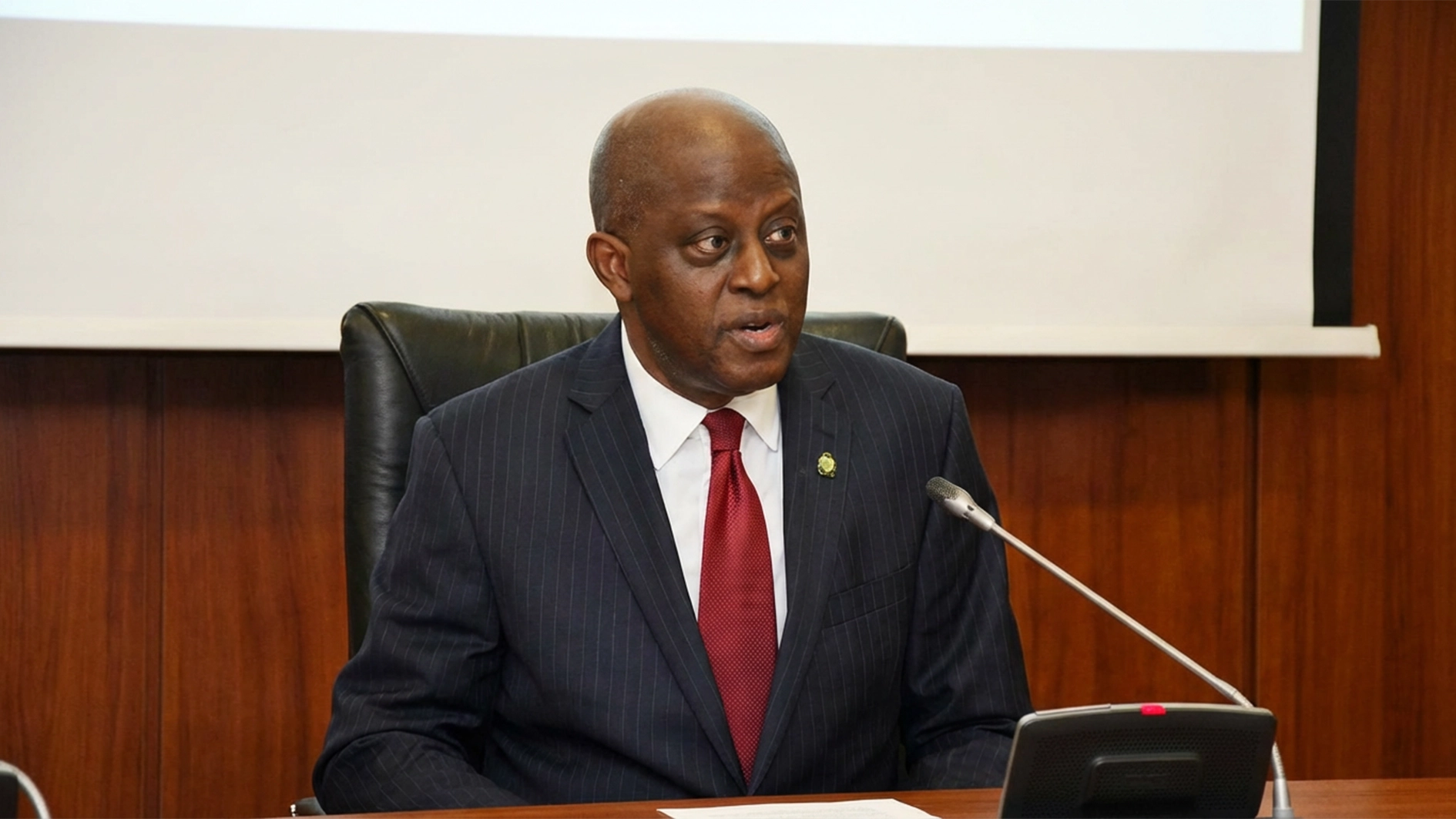
The Act empowers the institute to license all project management practitioners; withdraw the license of erring members and prohibit non-registered members from engaging in or practising in Nigeria.
It also empowers the body to prohibit non-registered members from being appointed head or heading project management team/department in any organisation, both in the private and public sectors. It is also to accredit institutions of higher learning offering courses in project management leading to the award of a degree or diploma.
The President/Chairman of the Governing Council of the institute, Dr. Victoria Okoronkwo, said the body would, in pursuit of its mandate, organise a training session in Abuja for its old and new members on December 1 and 2, adding that it would induct new members a day after the training.
She listed the membership categories of the institute to include fellow members, chartered members, associate members, graduate members, student members, honorary fellows, and corporate members.
She explained: “A fellow member must be a person of high professional or administrative standing that has served the institute and has at least seven years’ experience in a senior project management position in a private or public sector organization while a chartered member must have passed all examinations prescribed by the council with a minimum of three years experience. A person qualifies to be an associate member if he/she possesses requisite qualifications from other fields of study as may be determined from time to time by the council.”
On the forthcoming training, Okoronkwo stated that the training would focus on adapting project management methodologies to suit Nigeria’s unique environment.
She said: “Project management in Nigeria needs more investment into, and delivering projects in the country is a different experience from what you will find in the United Kingdom and the U.S. This is why CIPMN decided to create a new project management delivery methodology that is unique to Nigeria and takes into consideration the ethnic, religious, political, and cultural diversities and how they impact project delivery.
“Our DUCAP methodology has been developed with insights from project managers, consultants, subject matter experts in different project delivery sectors, educationalists, and numerous other project delivery stakeholders in Nigeria.
“The methodology has also seen a wealth of experience from contributors as regards the challenges of delivering projects in Nigeria and Africa at large. This methodology is underpinned by four key elements (pillar element, activity element, process element, and vision element). The learning has also been taken from the PRINCE 2, PMP, and agile methodologies.
“A full saturation of this methodology will see the days of abandoned projects in Nigeria come to an end. This project delivery methodology was wholly developed in Nigeria by Nigerians for Nigeria and Africa at large.”
Three years after enabling act, CIPMN to commence project management regulation

North Central Coordinator, Chartered Institute of Project Managers of Nigeria (CIPMN), Bishop Emman Onoja (left); Southeast Coordinator, Arc. Godwin Okoronkwo; representative of Federal Ministry of Education, Dr. Gambo Muazu; Registrar/Secretary of the Governing Council of CIPMN, Mr. Henry Ifeanyi Mbadiwe; President/Chairman of the Council, Dr. (Mrs). Victoria Okoronkwo; Minister of Industry, Trade and Investment, Otunba Adeniyi Adebayo; Vice Chairman of the Council, Chief Olabode Emmanuel Afolatan and officials of the ministry at the first official meeting of CIPMN with the minister in Abuja…recently





